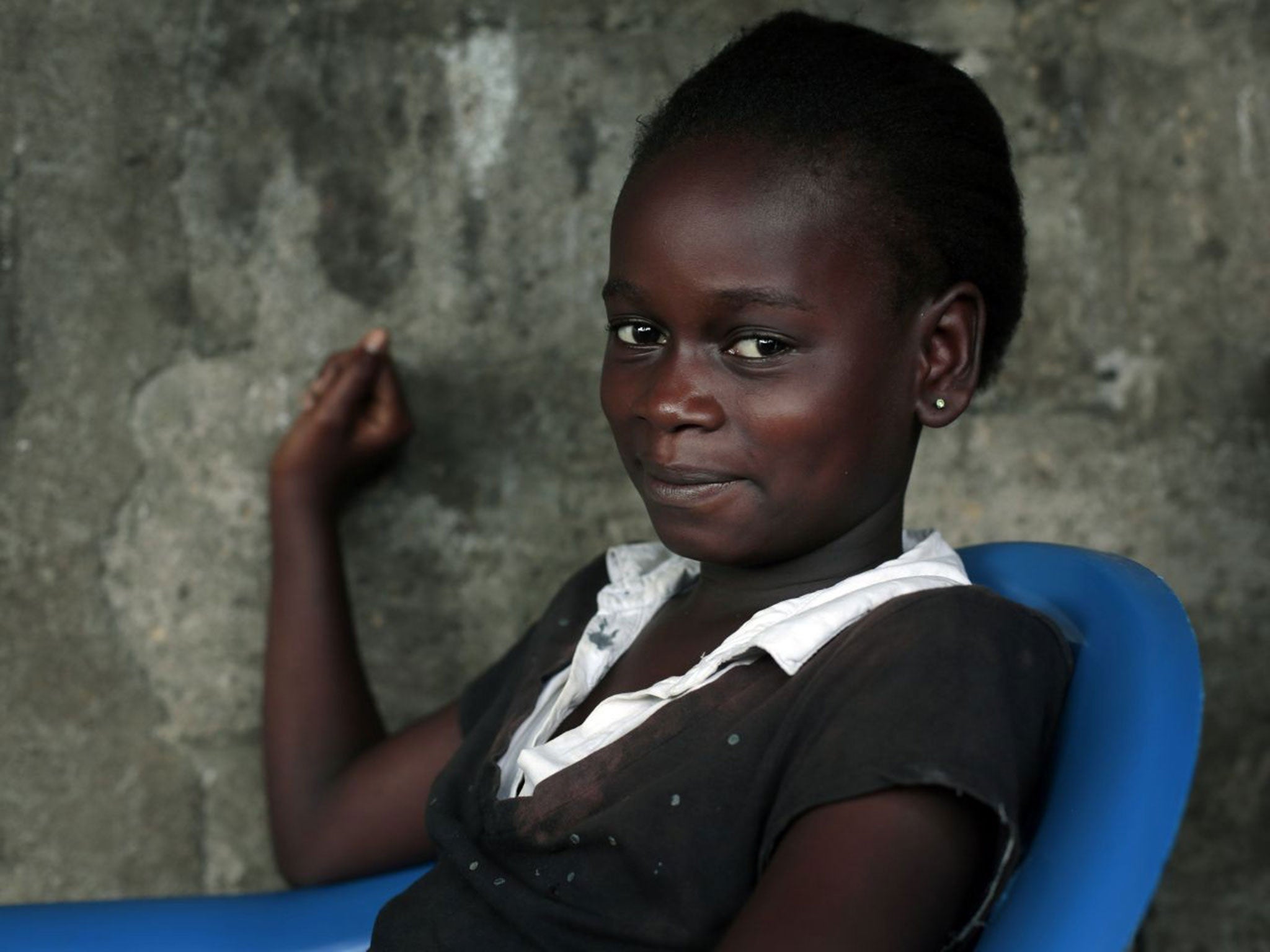Ebola outbreak: The children orphaned by the virus – then rejected by surviving relatives over fear of infection
Unicef says 3,700 children in West Africa have lost one or both of parents to disease

At least 3,700 children in Guinea, Liberia and Sierra Leone have lost one or both parents to Ebola since the start of the outbreak, according to Unicef figures.
The charity fears that this number could double by the middle of next month – and warned that many children are being rejected by their surviving relatives.
Manuel Fontaine, Unicef’s regional director for West and Central Africa, said: “Thousands of children are living through the deaths of their mother, father or family members from Ebola.
Read more:
“These children urgently need special attention and support; yet many of them feel unwanted and even abandoned. Orphans are usually taken in by a member of the extended family, but in some communities, the fear surrounding Ebola is becoming stronger than family ties.” The current rate of infection stands at 1.7, meaning that for every 10 people that contract the virus, a further 17 will also be infected. The aim is to get the rate down to one, and eventually below one, in the fight to stop the spread of the deadly disease.
More than 40 British military personnel and aid experts are now working in Sierra Leone following a request for assistance from the World Health Organisation and the country’s government. More than 160 NHS staff are also due to travel to Sierra Leone.
Britain will also provide 700 extra beds to treat people affected by the virus as part of a £100m aid package.
See the Ebola outbreak mapped
Show all 7Experts believe they have a 90-day window to halt the spread of Ebola, which could infect about 1.5 million people by January. The death toll from the infection across Guinea, Liberia and Sierra Leone is more than 3,000.
In Monrovia, fears of infection create mystery and misunderstandings. David Johnson, 31, has just learnt that his wife, Rose, is dead. “I’ve been here every day, every day, every day,” said Mr Johnson – now left to bring up 18-month-old daughter, Divine, on his own. “Up until now there has been no information. How can I believe she is dead?”
As the death toll from Ebola soars, crowded clinics are turning over beds as quickly as patients are dying. This leaves social workers struggling to keep pace and notify families, who must wait outside for fear of contagion. Also, under a government decree, Ebola victims must be cremated, leaving families in unbearable pain with no body to bury.
“People are standing around for weeks. Nobody is coming to them. There should be a system in place for disseminating information, but there is nothing,” says Kanyean Molton Farley, a community leader in one of the hardest-hit areas.
Médecins Sans Frontières in Monrovia has three phone lines to answer calls from worried families. The group asks relatives to come in person for updates on their loved ones, but sometimes they get news from friends or family inside a facility instead, says Athena Viscusi, a social worker.
Dozens of family members show up each day at the gates of the city’s Ebola clinics, desperate for any update on their loved ones inside. They pace back and forth, leaving only to buy more phone credit.
All the while, they keep a safe distance from those stricken with Ebola who huddle by the gates in hopes of gaining a coveted bed inside and a chance at life.
Additional reporting by AP
Subscribe to Independent Premium to bookmark this article
Want to bookmark your favourite articles and stories to read or reference later? Start your Independent Premium subscription today.

Join our commenting forum
Join thought-provoking conversations, follow other Independent readers and see their replies